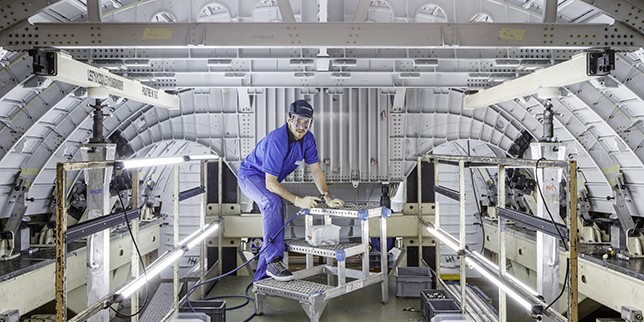Hourly labor costs in the EU increased by an average of 3.4% per year, according to Eurostat data for the third quarter of 2022. Against this slight average increase, Bulgaria stands out with a record jump of over 16%. The largest increase was in the mining industry – 14.2%.
“Inflation is expected to decrease, but the desire to increase wages is also expected. Employers will take into account the shrinking of the active workforce. A recession is expected in major economies. This means that some Bulgarians in low positions abroad will return in our country, which will increase the elasticity of the labor supply in Bulgaria. This can hold back the increase in wages. It will continue, but at a moderate pace,” said Assoc. Dr. Shteryu Nozharov, economic advisor of the Bulgarian Chamber of Commerce.
According to him, it is difficult to retain personnel in the hotel industry because it is a seasonal job. “Companies increase salaries when they want to keep their employees. In Bulgaria, the salaries of people with executive functions are low, and those with strategic functions are close to European ones. 100,000 people receive more than 2,000 euros,” he pointed out.
In his words, businesses are set to raise wages because of inflation and the shrinking workforce. “Information technology and finance sectors have the highest incomes because they can work remotely. Maximum insurance income pushes both high and low wages up. Employers are looking for maximum profit, but this is done by keeping high the qualified personnel,” Nozharov also commented.

